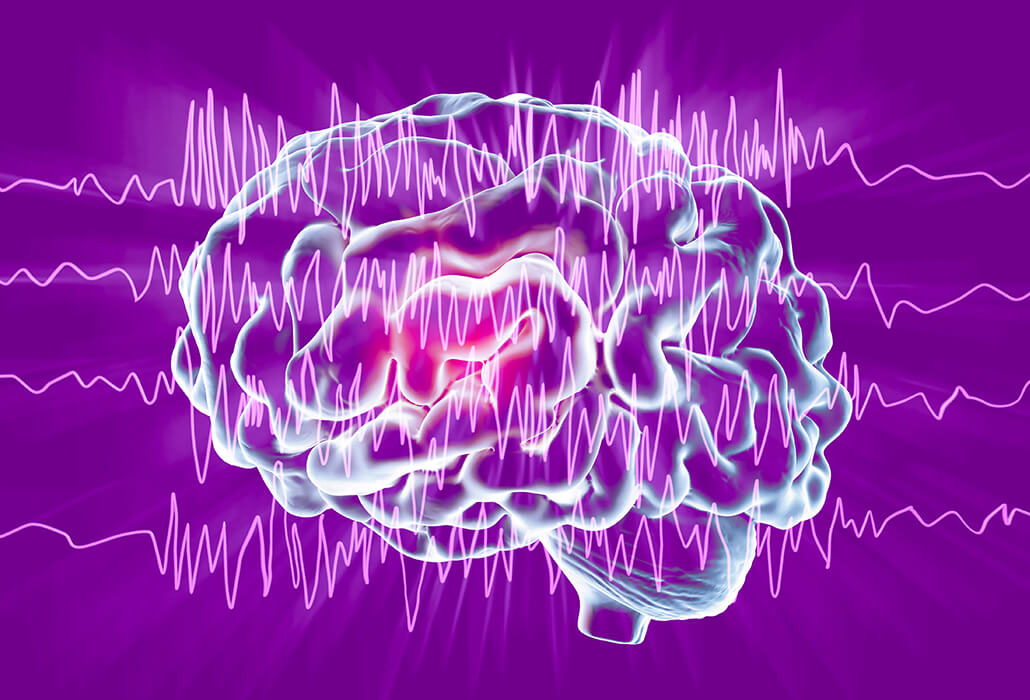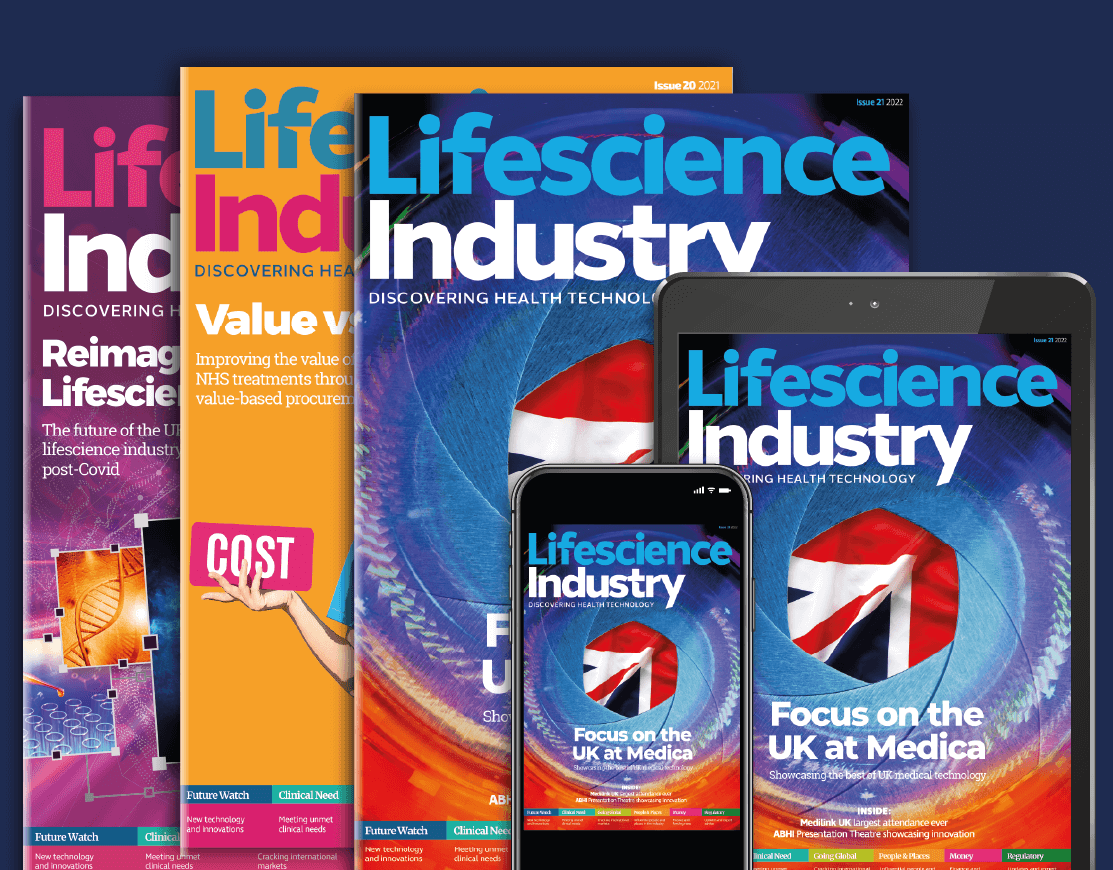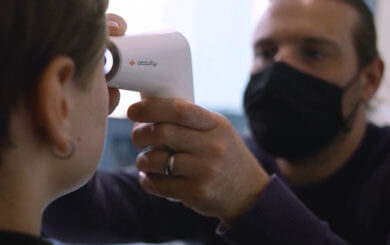
Birmingham University spinout company Neuronostics has received funding to develop its BioEP platform, an AI-based system for faster, more accurate diagnosis of epilepsy and to monitor response to treatment with anti-epileptic drugs (AEDs).
BioEP works by creating mathematical models of the brain using short segments of electroencephalogram (EEG) recordings. Computer simulations rapidly reveal the ease with which seizures can emerge and form the basis of the BioEP seizure risk score.
Neuronostics is developing BioEP in partnership with the University of Birmingham, where mathematician Professor John Terry, co-founder of the company, is Director of Centre for Systems Modelling & Quantitative Biomedicine.
Professor Terry’s research aims to improve diagnosis and treatment for people with epilepsy. He explains:
“We build personalised models of the brain using EEG that is routinely collected when seeking to diagnose epilepsy. From these models the risk of epilepsy can be quickly determined. In contrast, multiple EEG recordings are often required to reach a clinical diagnosis at present. This is expensive, time-consuming, and exposes people with suspected epilepsy to risk.”
The funding, from the National Institute for Health Research (NIHR), will enable theresearch partnership to progress a prototype clinical platform that can provide a risk score showing the individual’s susceptibility to seizures. This measurement can be used in diagnosis, and as an objective assessment of response to treatment with AEDs, resulting in faster seizure control for people with epilepsy.
The clinical utility of the BioEP seizure risk score has already been demonstrated in a cohort of people with idiopathic generalized epilepsy.1 Using just 20 seconds of an EEG recording that would be considered inconclusive in the current clinical pathway, BioEP achieved 72% diagnostic accuracy. This matches the accuracy achieved in the current diagnostic pathway, which typically takes a year, and involves multiple follow-ups.
The company is interested to hear from commercial partners in EEG hardware manufacturing, digital EEG analysis, and companion diagnostics or prognostics, and research and clinical partners with interests in epilepsy, traumatic brain injury and dementia.
The NIHR funding was delivered through the AI in Health and Care Award, part of the NHS AI Lab, which was launched by the UK Government earlier this year to accelerate the adoption of Artificial Intelligence in health and care.







